- Home
Page 2
Page 2
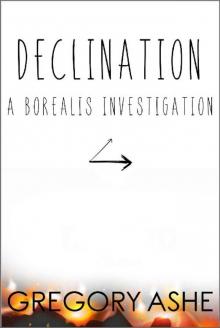 Declination
Declination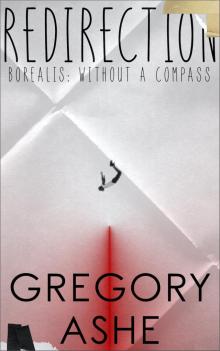 Redirection
Redirection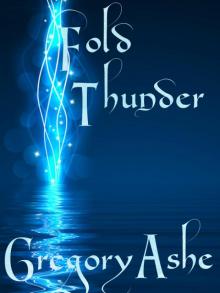 Fold Thunder
Fold Thunder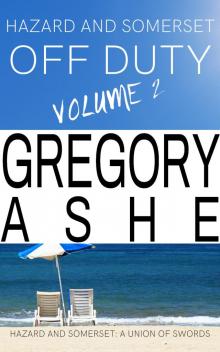 Hazard and Somerset
Hazard and Somerset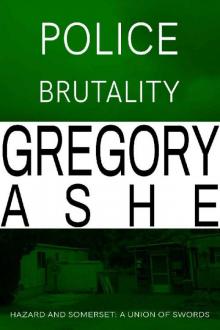 Police Brutality (Hazard and Somerset: A Union of Swords Book 2)
Police Brutality (Hazard and Somerset: A Union of Swords Book 2) Wayward
Wayward The Same End (The Lamb and the Lion Book 3)
The Same End (The Lamb and the Lion Book 3)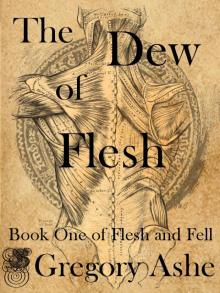 The Dew of Flesh
The Dew of Flesh The Same End
The Same End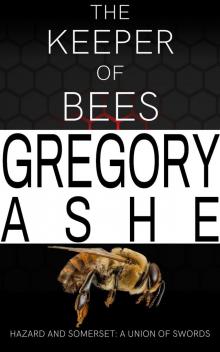 The Keeper of Bees ARC
The Keeper of Bees ARC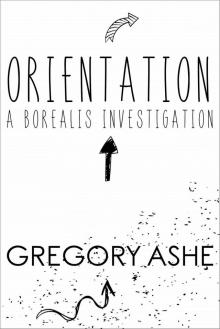 Orientation (Borealis Investigations Book 1)
Orientation (Borealis Investigations Book 1) The Indifferent Children of the Earth
The Indifferent Children of the Earth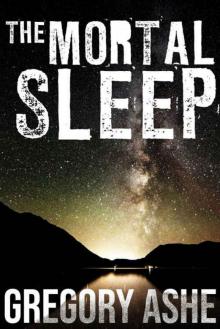 The Mortal Sleep (Hollow Folk Book 4)
The Mortal Sleep (Hollow Folk Book 4)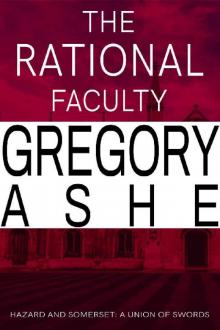 The Rational Faculty (Hazard and Somerset: A Union of Swords Book 1)
The Rational Faculty (Hazard and Somerset: A Union of Swords Book 1) The Weeping Lore (Witte & Co. Investigations Book 1)
The Weeping Lore (Witte & Co. Investigations Book 1)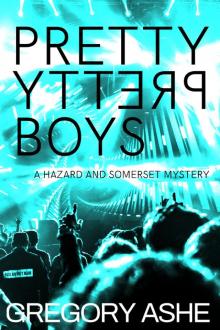 Pretty Pretty Boys
Pretty Pretty Boys Transposition
Transposition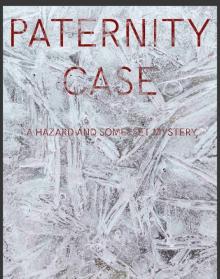 Paternity Case
Paternity Case